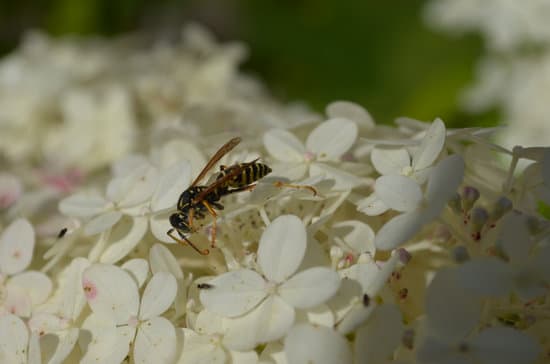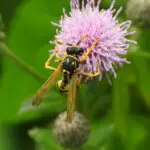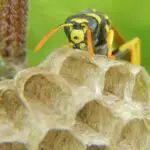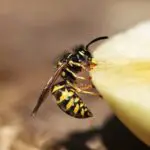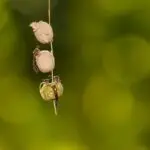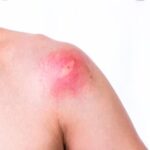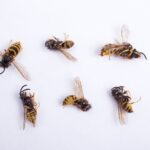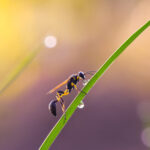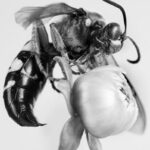When Do Wasps Sleep?
During the day, wasps are highly active. They are busy searching for food, repairing their nests and laying eggs. During the night, wasps are dormant. The absence of light and heat causes them to slow down.
Some species of wasps are more active than others. During the day, wasps are found around homes and gardens looking for food and water. They eat caterpillars, ants, spiders, and other insects. They can also sting other insects. In the evening, they will retreat to their nests and wait for the sun to rise.
In the winter, when temperatures get colder, wasps enter a dormant state. In fact, most insects do not sleep through the night. They enter a dormant state when they are necessary. In addition, wasps have less energy at night.
If a wasp is awake and you disturb them, the wasp may react aggressively. Wasps don’t sting without a reason, but they do sting when they feel threatened. When they are threatened, they release chemicals that boost their attack strength. This can be fatal if you are allergic to wasp stings. If you do not want to be stung, it is best to avoid any contact with the wasp.
In the winter, a queen wasp will hibernate until spring. She will have a nutrient-rich meal before hibernation. Eventually, she will emerge and start a new nest. As she grows, she will need a warmer hiding spot. She will also hibernate when she is pregnant.
